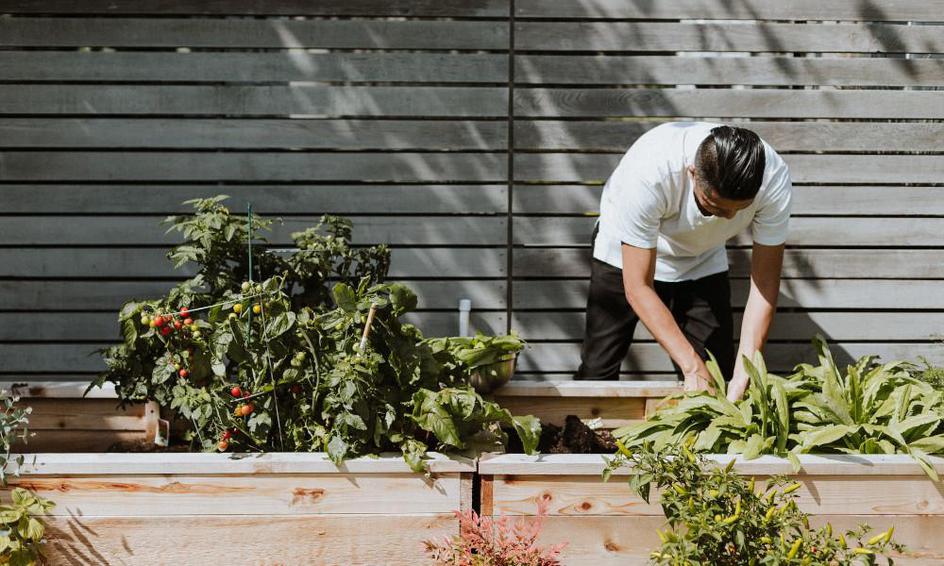Regardless of your level of expertise in the garden, pests will always be your nemesis. Fighting slugs, snails and flies of all range of colours is a daily battle for gardeners; planting and watering are just the beginning. This week, we take a look at the dreaded curse of the bean: the blackfly, and how you can get rid of them naturally.
What are blackfly?
Also known as black been aphid, blackflies are particularly partial to beans – especially broad beans, but can also be found on other plants, such tomato plants. They suck sap from plants and can build up very quickly on delicate young plants.
Signs of blackfly
Black bean aphids are very small – up to 2mm in length and mostly black. They can appear very suddenly and amass quickly on stems and under the leaves of younger plants. If left to continue to build up, blackfly can stunt the growth of your broad bean, kill the flowers and prevent beans from developing, or cause poor quality beans.
Getting rid of blackfly
The secret to successful gardening goes far beyond planting and watering; husbandry is vital. Most creatures – even the annoying ones – are part of a delicate ecosystem. Your aphids may be eating your broad beans, but they will also be an important part of various food chains. If your blackfly population is getting out of control, there are a few things you can do:
Wash them off
Blasting the blackfly off with a hosepipe or gently washing them away with a damp cloth are both easy and effective ways to get rid of blackfly; literally all you need is water, a cloth, and a LOT of patience. If you can’t use a hose, get a good spray bottle and fill it with water, a splash of washing up liquid and a teaspoon of cayenne pepper. A daily spray for a week should see the infestation clear up, but consistency and patience are key.
Bring in the birds
Blackflies make a delicious meal for birds. Entice birds into your garden with a bird bath, and feeders all year round and they will repay your hospitality by eating your blackfly.
Cover up
Fabric covers in greenhouses and polytunnels can protect your delicate plants from blackfly.
Watch your nitrogen
Like many elements of nature, gardening is about balance. You want nitrogen-rich soil to produce delicious fruit and vegetables, but too much nitrogen encourages plants to produce the sap that attracts blackflies. If you are consistently struggling with blackfly, you may want to try reducing the nitrogen content in the soil.
Get professional help
Sometimes, just a little professional help is all that is needed to get on the right track. A skilled gardener will help you to get the balance just right so that your garden is able to thrive.
For more advice and to find a reviewed and rated trader that you know you can trust, follow Trust A Trader on Facebook or Twitter.
